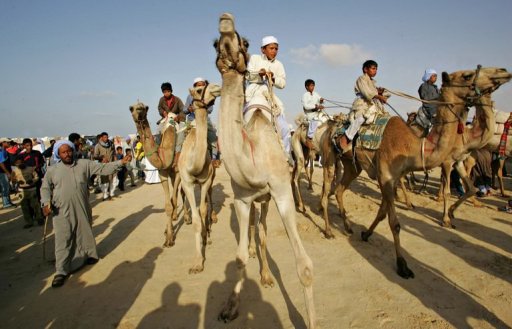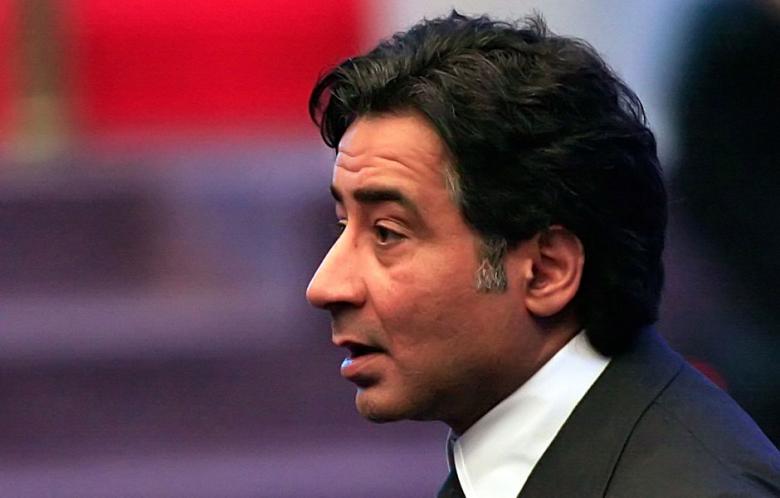The recent attacks on the North Sinai border and the death of the 16 army soldiers have hit almost all Egyptian newspapers. Columnists have not only condemned the terrorist assault, but have also suggested plans to redevelop the peninsula and heighten the Egyptian security presence to avoid future attacks.
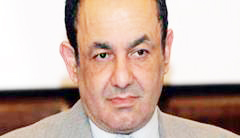
Amr Al-Shobaki
Rafah’s martyrs
Al-Masry Al-Youm newspaper
In the killings of 16 army soldiers at the Rafah border crossing on Sunday the Egyptian armed forces have paid the price for a reckless lack of unity, and political support. In his column, Amr Al-Shobaki stresses that, probably, Egypt not only requires condemnatory statements from its presidency, but also a plan to assist the military in eradicating terrorist elements in Sinai. The incident has also served as a reminder of the importance of revisiting the development profile of the peninsula, to ensure its residents are counted in future development priorities. The writer condemns the absence of proper political awareness, which, in his viewpoint, has placed the military in a vulnerable position amid political conflicts.
Al-Shobaki calls upon Egyptians to feel proud of its armed forces that have repeatedly proven highly professional attitudes when compared to military institutions in other Arab Spring countries. The writer praises the institution for accepting to enter a head on clash against the once-solid Mubarak regime. The military could have easily fractured during the 25 January Revolution, leading to the death of thousands of Egyptians. Finally, the writer expresses his condolences for the families of the martyrs and apologises for each and every soldier who has spent sleepless nights in safeguarding Egypt’s borders.
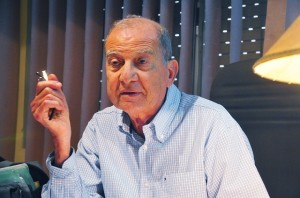
Mohamed AbulGhar
Ikhwanised thoughts
Al-Masry Al-Youm newspaper
Mohamed Abul Ghar expresses his astonishment at the Muslim Brotherhood’s request to have their youths join the Egyptian Military Academy. In his view, future armed forces soldiers must be independent from any political inclinations or ideological views, as their only allegiance must be to the future betterment of the nation. That is why armed forces, police officers and soldiers are not allowed to vote in presidential elections or public referendums. The Muslim Brotherhood’s wish reflects their intention to politicise institutions that are obliged to remain unbiased. Abul Ghar affirms that catastrophic repercussions would ensue from having a Muslim Brotherhood army. If this were to become a reality, the military’s primary aim would be to act as a guardian for the Islamic Sharia, leaving behind Egypt’s interests.
The writer argues that subservient army institutions such as the Iraqi Ba’ath military and the Alawite dominated army in Syria have been proven failures. When an army becomes devoted to an ideology, it becomes a threat to its people, rather than their safeguard. Abul Ghar repeatedly places emphasis on the vitality of maintaining the independence of the Egyptian army, and expresses his fears derived from the Muslim Brotherhood’s attempts to monopolise economy. Finally, Abul Ghar calls on all Egyptian institutions to focus attention on the general benefit of the country, not to the loyalty of the ruling Muslim Brotherhood and its allies.
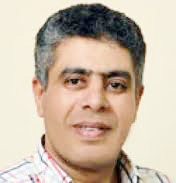
Emad Al-Din Hussein
The conspiracy itself
Al-Shorouk newspaper
In an attempt to better understand the attacks on Egypt’s North Sinai borders, Emad Al-Din Hussein looks at the bright side of the situation stating that the incident will push a complete review of security in the Sinai Peninsula to avoid future attacks. He criticises those who assert that recently released prisoners are to be blamed for the assault. He claims that the security vacuum in Sinai is not a result of Morsy’s presidency or the 25 January revolution. Quietly and attentively thinking of the assailants, Hussein argues that they must be working for the benefit of Israel’s Mossad. It is not momentous to deduce that if attackers are seen to be Jihadists or linked to a Palestinian organisation in Gaza, that the attacks result in showing the failure of the Egyptian authority to hold control over Sinai.
Almost all political parties and ex-presidential candidates have been racing to show their belief the Camp David Peace Accords should be revisited. No party has considered whether or not Israel is setting counter strategies, or what steps Egypt should take to restore the peninsula to Egypt’s periphery. Hussein also chides typical Egyptian reaction which has slandered the entire Palestinian community after claims that the attackers originated in Gaza. It seems clear that the criminal thought behind the attack has planned to initiate loathing towards a whole population.
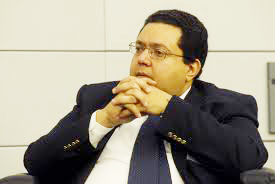
Ziad Bahaa Al-Din
Dahshour’s strife, do we only overcome it?
Al-Shorouk newspaper
Recalling last week’s sectarian incident in Giza’s Dahshour village, Ziad Bahaa Al-Din condemns the repetitive Muslim-Christian tensions and the failure to draw them to a close. The problem lies in how such incidents are dealt with on the basis of community feeling rather than through implementation of laws and regulations. In his opinion, Bahaa Al-Din believes that many experienced and highly influential figures have lost confidence in the simplest basics of justice, security and the law. He chides the media for describing the relocation of many Christian families as ‘their own choice’.
The writer strives to analyse the root causes behind the accumulation of sectarian tensions in Egypt, explaining that State Security can be one of the factors. It has always been the case that Egyptian authorities have taken half measures with the protection of the Coptic community, pushing them away from politics in exchange for their security and the freedom of the church. Clearly this tradition started to fade after the revolution, when many Christians have made the decision to swim deeper into oceans of politics, but despite this development only one Coptic minister has made it to the newly appointed government. Bahaa Al-Din concludes his column with more condemnation of the incident and hopes that the coming constitution will accentuate the values of freedom and equality between all citizens regardless of their beliefs.
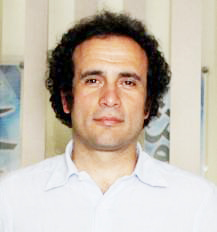
Amr Hamzawy
The way to save Sinai
Al-Watan newspaper
In his column, Amr Hamzawy condemns the deaths of 16 soldiers at the Rafah crossing border asserting that the predicament has its roots in a history which has ignored the repeated attacks of Sinai’s hospitals, police stations and fuel infrastructure. His finger is pointed squarely at the government and security institutions and their lazy attitudes while dealing with the problems which have arisen in Sinai. Despite the several attacks on the border, which desperately required intensive security deployment, the area appeared a perfect target for terrorist attacks due to the wide security vacuum which exists in the peninsula along with the presence of illegal tunnels running into Gaza.
Hamzawy suggests that probably the first plan to improve conditions in the Sinai should consider developing the deteriorating living conditions of residents in the peninsula. All illegal tunnels should be closed or even destroyed while keeping crossing borders open so as not to step on the rights of the Palestinian brothers in times of fierce attack. The writer also states the importance of intensifying investigative efforts to unveil the identity of terrorist groups targeting Sinai. Finally, Hamzawy suggests the importance of seeking Palestinian reconciliation after negotiating with Israel to heighten Egyptian security presence in Sinai.

